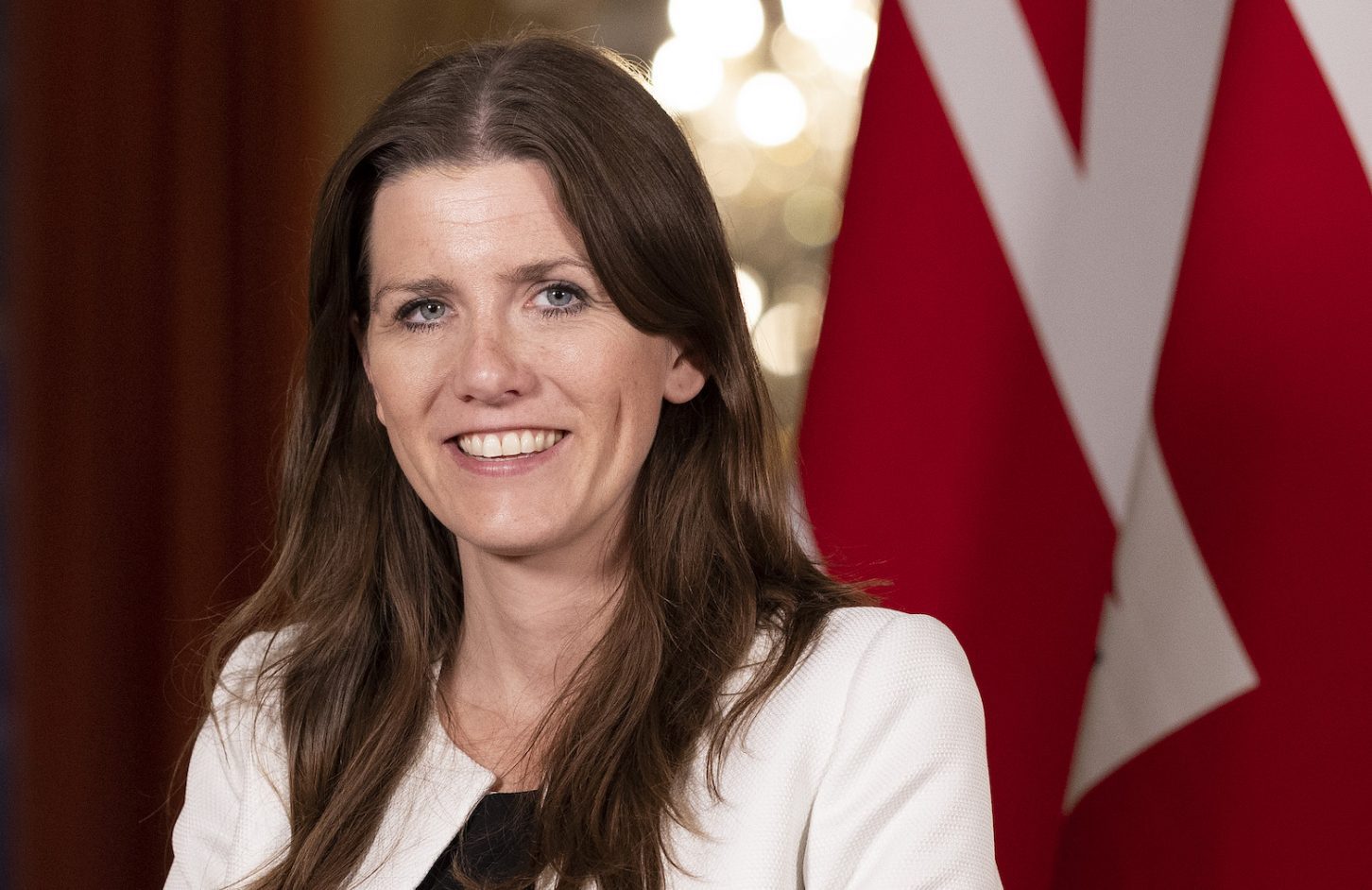The government has earmarked more than £100m to establish responsible artificial intelligence research hubs and make regulators AI-ready, but enshrining protections through legislation will have to wait.
The Department for Science, Innovation and Technology (DSIT) has unveiled a host of policies in response to the AI white paper consultation, published on Tuesday.
According to DSIT, nearly £90m will be allocated towards the launch of nine research hubs across the UK.
The hubs will focus on researching how to harness AI technology in healthcare, chemistry and mathematics.
Additionally, £10m has been allocated to upskill regulators to help them understand and address the risks of AI. Understanding AI technology has been cited as one of the top barriers for existing regulators and policymakers.
The recent Edelman Trust Barometer found that two-thirds of the UK believes the government do not understand emerging technologies enough to adequately regulate them.
Darren Jones, shadow chief secretary to the Treasury, previously warned that regulators in their current state would not be able to handle the workload brought on by AI.
Certain key regulators, including Ofcom and the Competition and Markets Authority (CMA), have been told to publish their approaches to managing AI by 30 April.
The additional funding has been welcomed by policy experts who have long called for additional resources for regulators, including investment firm Form Ventures.
“Today’s AI companies risk being slowed by regulators that lack the resource, rules or risk appetite to accelerate progress, so this new funding is welcome,” Andrew Bennett, policy principal at Form Ventures, told UKTN.
“But while £10m is a great start, it will take a lot more to fix the regulators and unlock tech progress in the markets that matter most to people’s lives.”
UK Research and Innovation is also delivering £19m towards 21 projects to “develop innovative trusted and responsible AI and machine learning solutions to accelerate deployment of these technologies and drive productivity”.
“I am personally driven by AI’s potential to transform our public services and the economy for the better – leading to new treatments for cruel diseases like cancer and dementia and opening the door to advanced skills and technology that will power the British economy of the future,” said Michelle Donelan, the science and technology secretary.
“AI is moving fast, but we have shown that humans can move just as fast. By taking an agile, sector-specific approach, we have begun to grip the risks immediately, which in turn is paving the way for the UK to become one of the first countries in the world to reap the benefits of AI safely.”
A further £2m has been announced for the Arts and Humanities Research Council that will go towards projects looking at responsible AI in education, policing and the creative industries.
The government will also launch a steering committee in spring to guide the activities of regulators. DSIT has said, however, that the government will stick to its plan to not legislate for AI safety in the short term.
Lila Ibrahim, COO of Google DeepMind, said the white paper response strikes a balance “between supporting innovation and ensuring AI is used safely and responsibly”.
Ibrahim said: “The hub and spoke model will help the UK benefit from the domain expertise of regulators, as well as provide clarity to the AI ecosystem – and I’m particularly supportive of the commitment to support regulators with further resources.
“AI represents an opportunity to drive progress for humanity, and we look forward to working with the government to ensure that the UK can continue to be a global leader in AI research and set the standard for good regulation.”

